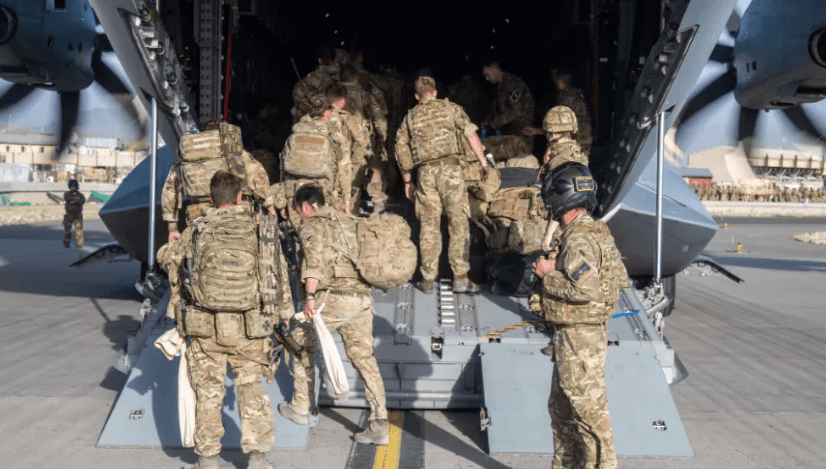
The SAS blocked UK visas for Afghan special forces soldiers, perhaps fearing that they would be able to produce evidence incriminating the SAS in the shooting of unarmed civilians. That was the striking implication of a BBC Panorama investigation this week – with the Ministry of Defence confirming that it is undertaking a review of 2,000 cases where Afghan applications were blocked by the SAS.
Under the ‘ARAP’ scheme, introduced after the fall of Afghanistan in August 2021, Afghans employed by the British government had a near-automatic right to resettle in the UK. This was because they were among the people most likely to face retribution from the Taliban after the fall of Kabul. The Afghans who were considered most at risk were elite troops trained to the highest level, such as units 333 and 444, the so-called ‘triples’.
Sarah Fenby-Dixon, a consultant with Refugee Aid Network, has been supporting dozens of the triples who were left behind after the fall of Afghanistan. She says that they move all the time, living in cellars as the Taliban search for them in relentless house-to-house sweeps. Many of those she works with – who have a clear case to be settled in the UK, backed up with photographs and supporting statements – have had their visa applications rejected. The news that they may have been blocked from the UK by the SAS has shocked her. ‘If [the SAS] have sacrificed all these guys’ lives to protect themselves, how does that uphold military honour? It’s beyond belief.’
The former head of Afghan special forces, General Sami Sadat, said that the SAS were wrong to block the applications, not least because ‘The Afghan forces will never go to the courts and incriminate their own buddies. This is against any camaraderie or loyalty.’
It would not be the first time that SAS soldiers have sought to hamper investigations into their activities in Afghanistan.






